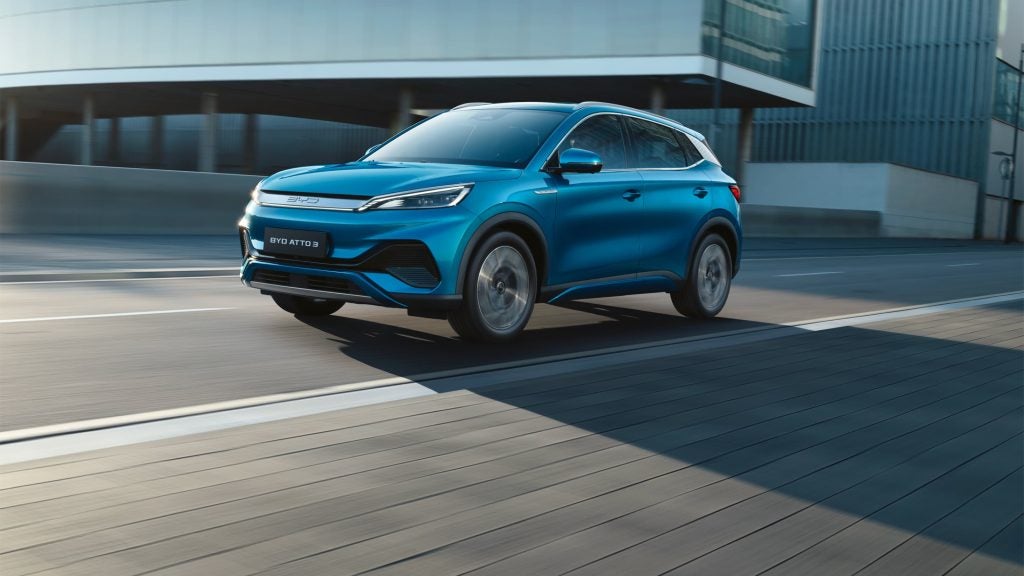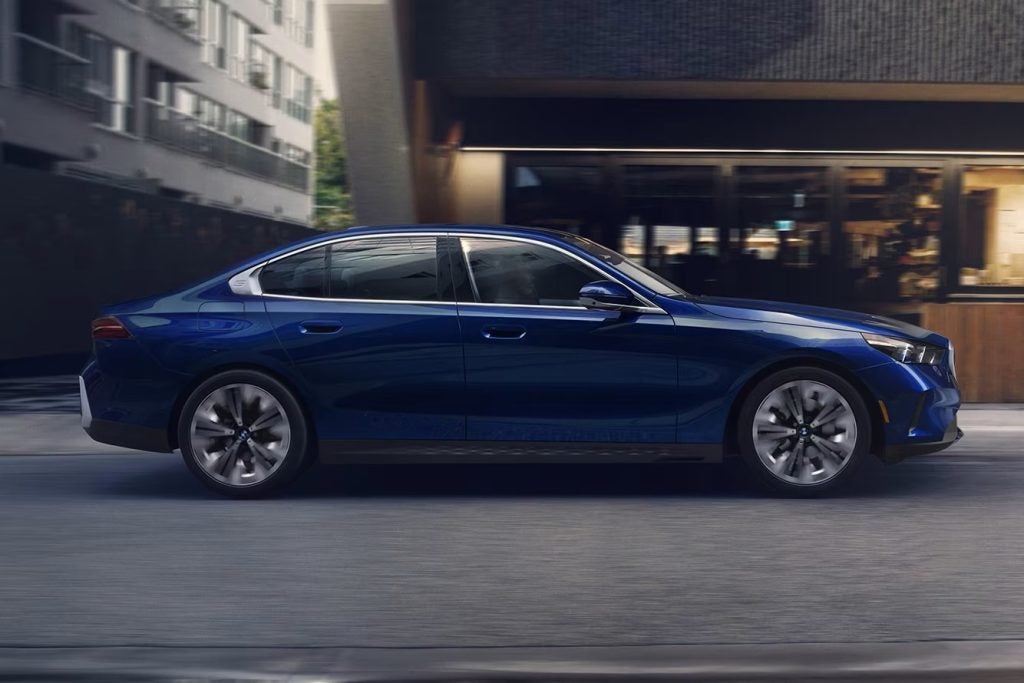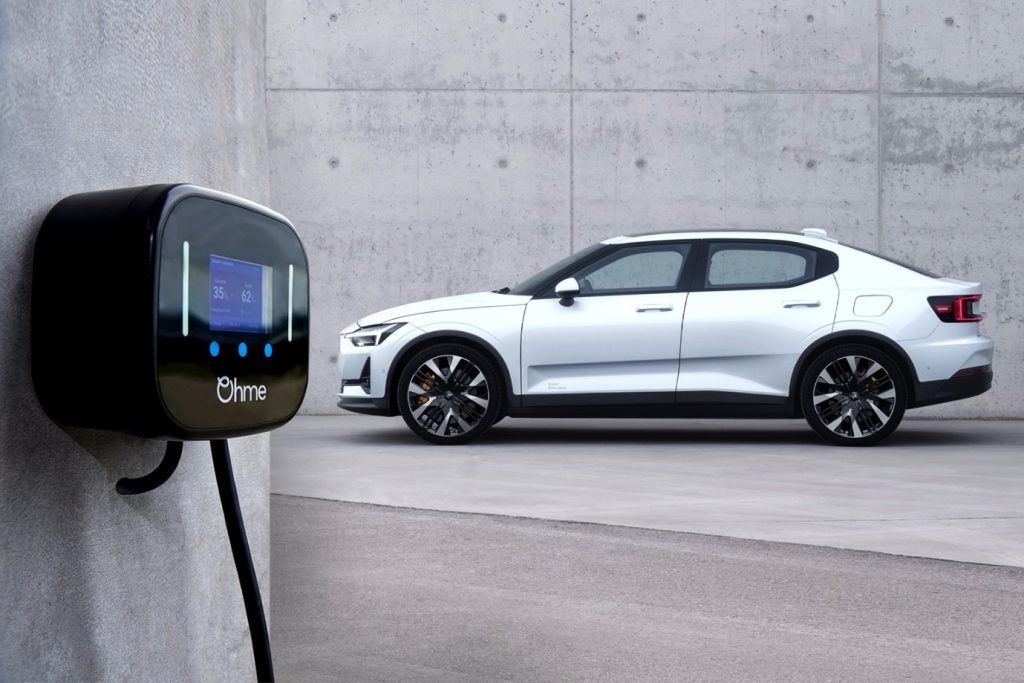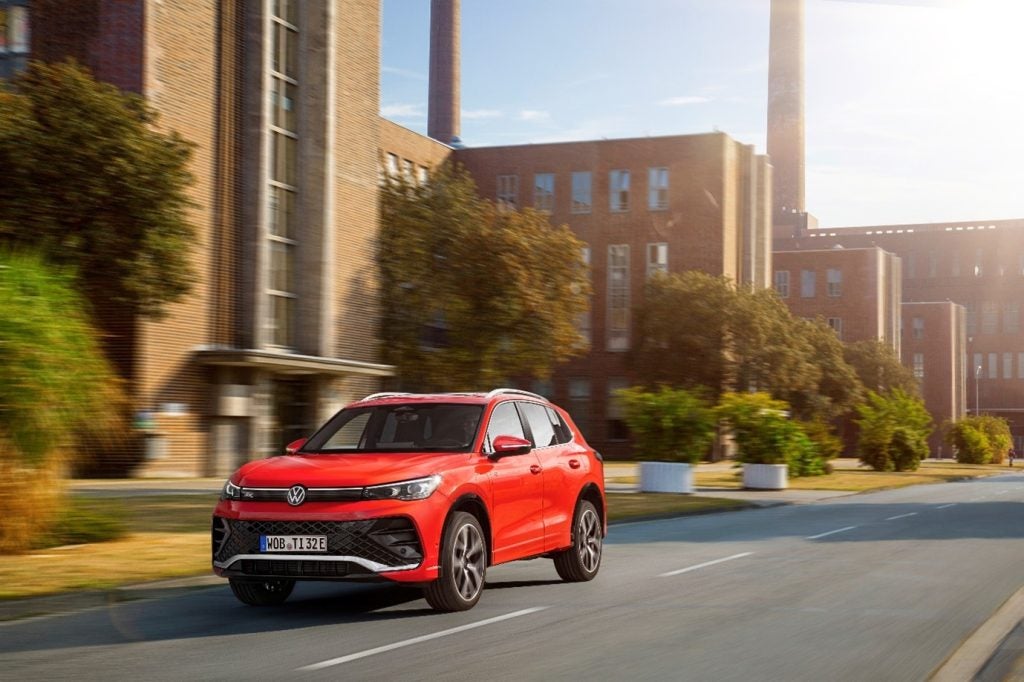The Thai government has agreed to offer domestic consumers subsidies worth up to THB100,000 (US$2,800) between 2024 and 2027 for the purchase of domestically-made battery electric vehicles (BEVs), as it looks to establish the country as the main BEV manufacturing hub in southeast Asia.
The new "EV3.5" subsidy was signed off by Prime Minister Srettha Thavisin this week and is a scaled-down version of the existing subsidy programme, which offers buyers between THB70,000 and THB150,000 per vehicle.
That programme is scheduled to expire at the end of this year.
Under the new EV3.5 package, subsidies will range between THB50,000 and THB100,000 for vehicles priced below THB2m and with a battery size of at least 50 KWh, while smaller BEVs will qualify for subsidies ranging between THB20,000 and THB50,000. BEVs in Thailand typically cost between THB1.2m and THB1.7m.
The subsidy cut reflects the rapid expansion of the domestic BEV market this year and the consequent rising cost to the tax-payer. BEV sales increased sevenfold to 50,340 units in the first nine months of 2023, way more than any other market in South-East Asia.
The Federation of Thai Industries (FTI) said the incentives under the EV 3.5 programme are “appropriate for current market conditions.”
Rapid growth in domestic BEV demand and pro-active government policies have helped attract significant investment in the country, with a growing number of vehicle manufacturers having announced plans to produce BEVs in the country in the last year - particularly Chinese companies including Changan Auto, BYD, Geely, Great Wall Motors, SAIC Motor and Chery Auto.
Narit Therdsteerasukdi, secretary-general of the Board of Investment, said in the first two years of the EV3.5 programme import duties on completely built-up electric vehicles costing up to THB2m will be reduced by up to 40%, while excise taxes will be reduced to 2% from 8%. He told reporters: “The new EV3.5 package shows that the Thai government's will continue to support the BEV industry and push Thailand as a regional manufacturing hub that welcomes investors.”
















